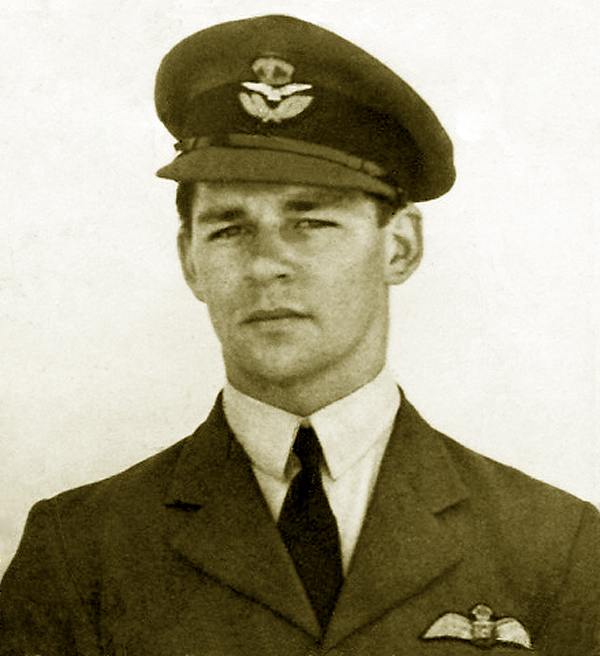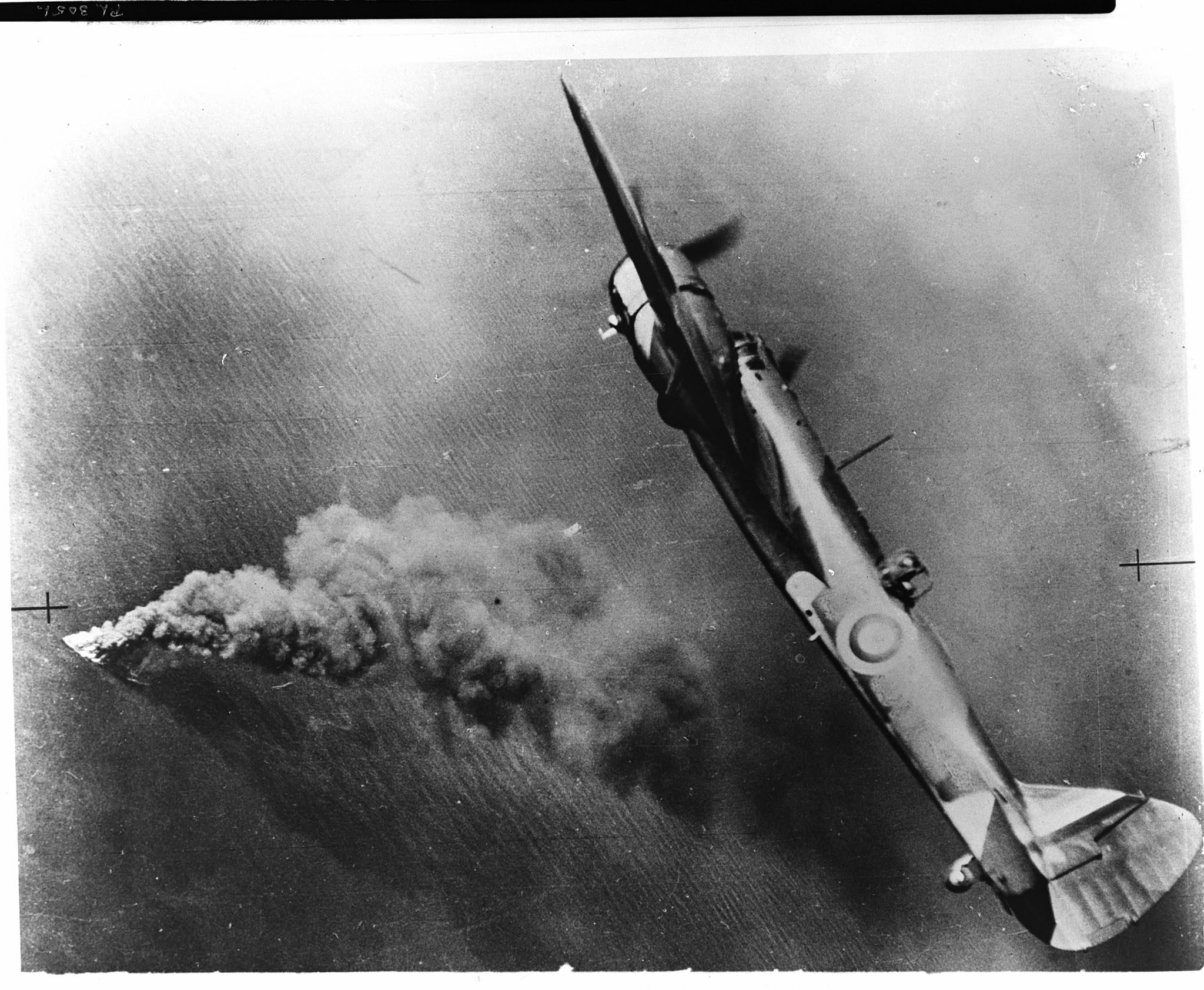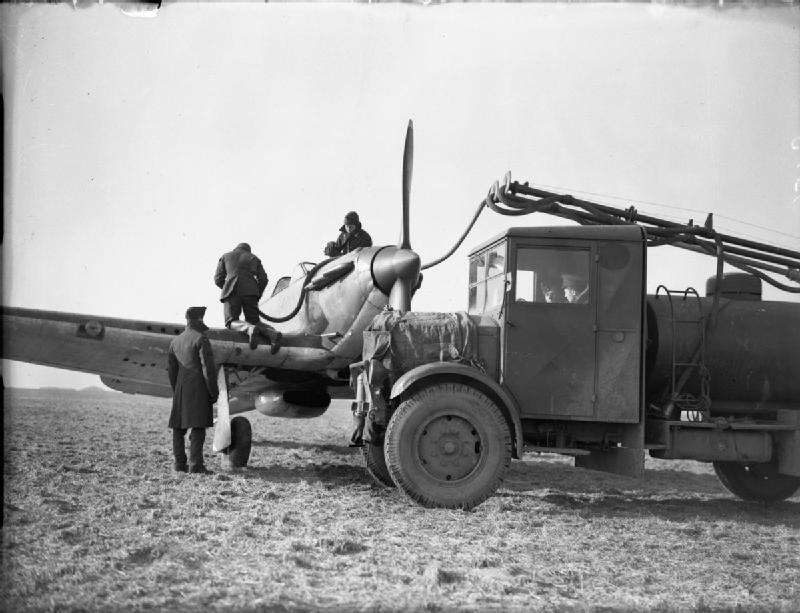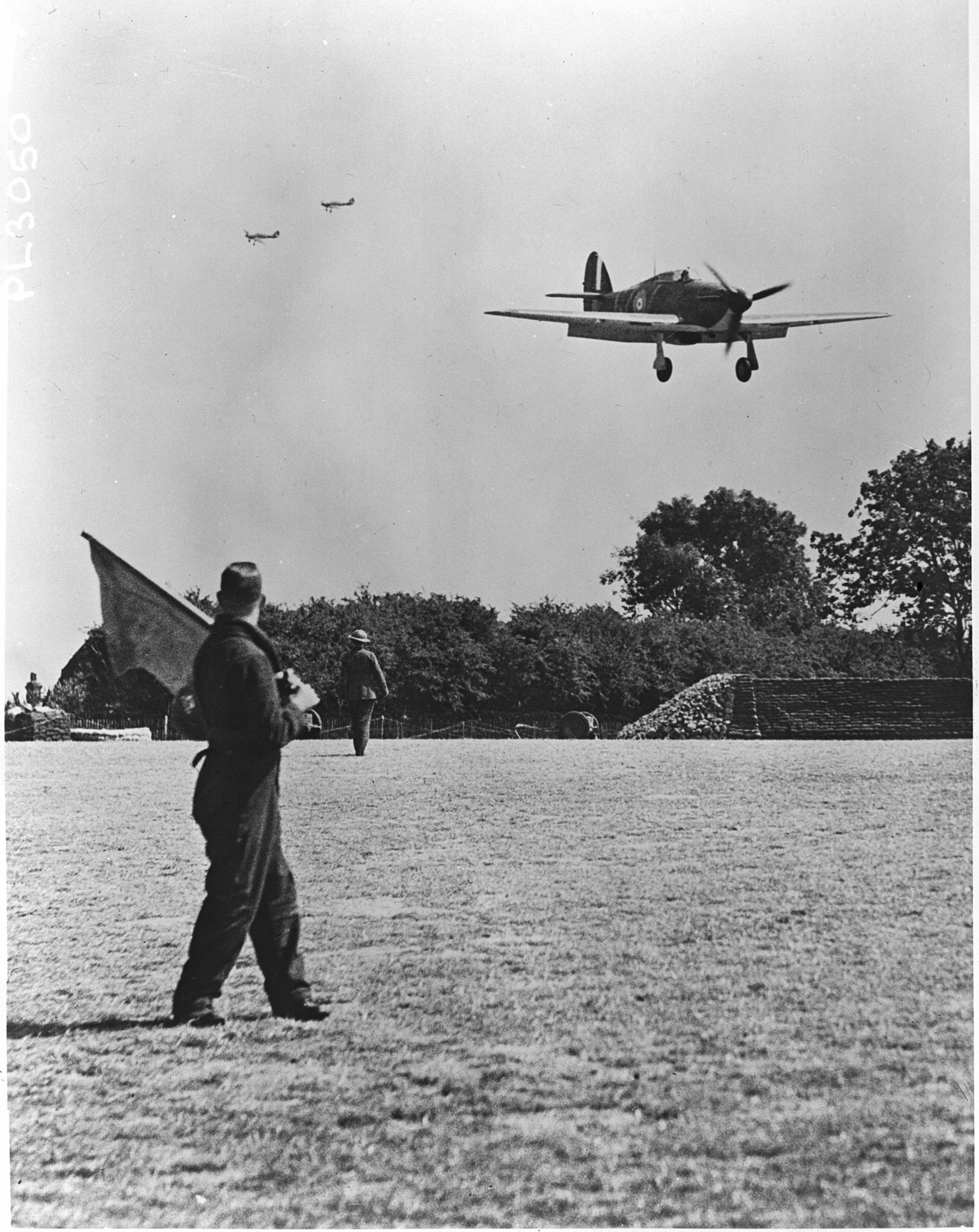Pilot Officer Jack Urwin-Mann
Biography / July 20, 2015
By Major William March
238 Squadron, Royal Air Force
Born in Victoria, British Columbia, on July 30, 1920, to British parents, John Ronald “Jack” Urwin-Mann is one of those individuals who are “claimed” by two nations – in his case, Canada and the United Kingdom – depending on the source being used. Just after his second birthday, Jack’s parents returned to England and he spent the rest of his childhood in the small village of Hove, East Sussex. In March 1939, soon after graduating from Xavier College in Brighton, the 19-year-old joined the Royal Air Force (RAF) – just a few short months before the start of the Second World War.
Trained as a fighter pilot, the new Pilot Officer “on probation” was posted to the No. 11 Group, Fighter Command, pool at St. Athan. This was a transitional phase for most pilots because they were quickly assigned as replacements to existing squadrons or sent as part of the initial complement when a new unit was stood up. It was to be the latter task for Pilot Officer Urwin-Mann; he was sent to No. 253 Squadron (Come one, come all), in Manston in January 1940.
The squadron was supposed to be equipped with Bristol Blenheim aircraft, but instead received Hurricane Mark I fighters in February 1940. In very short order, many of 238 Squadron’s pilots found themselves engaged in combat during the Battle of France. By June, the squadron had suffered catastrophic casualties and been withdrawn from the front lines.
Fortunately, Urwin-Mann had survived this initial foray into fighter operations and was transferred on May 12, 1940, to the airfield at Tangmere to help stand up No. 238 Squadron (Ad finem – To the End). To the dismay of many, it was announced in June that the Spitfires would be replaced with the more numerous Hurricanes. They were declared operational on 2 July, and whatever feelings of disappointment Urwin-Mann might have had with the new aircraft were quickly dispelled when he found himself in the thick of things on July 11 when he joined with two other Hurricane pilots in destroying a Messerschmitt Me-110.
Two days later, he and his squadron mates tangled with Me-110s again. This time, he claimed the destruction of one and again shared with two other pilots the destruction of a second. Another victory came his way on the afternoon of July 20, 1940, when he caught a Heinkel He-59 by surprise off the coast of Cherbourg and shot it down. Despite repeated scrambles, he would not score again until August 11, when he destroyed an Me-109 as part of a massive “scrap” that saw 38 RAF aircraft destroyed or damaged, including five from his squadron, as compared to 51 for the Luftwaffe. Victories continued to mount and by October 7, he claimed a further six enemy aircraft destroyed, one probably destroyed and one damaged. It was to be the last claim for this intrepid fighter pilot during the battle.
A Battle of Britain “ace,” Urwin-Mann was awarded the Distinguished Flying Cross on November 26, 1940, in recognition of his bravery and flying prowess. The citation reads, in part, “This officer has displayed initiative and dash in his many engagements against the enemy.”
He would survive the war having spent time in various staff and training positions such as the command of Nos. 80 and 126 Squadrons. Awarded a second Distinguished Flying Cross in 1942 and a Distinguished Service Order in 1943, he retired from the RAF in 1959. Pilot Officer Urwin-Mann died of natural causes on March 7, 1999, in England.



